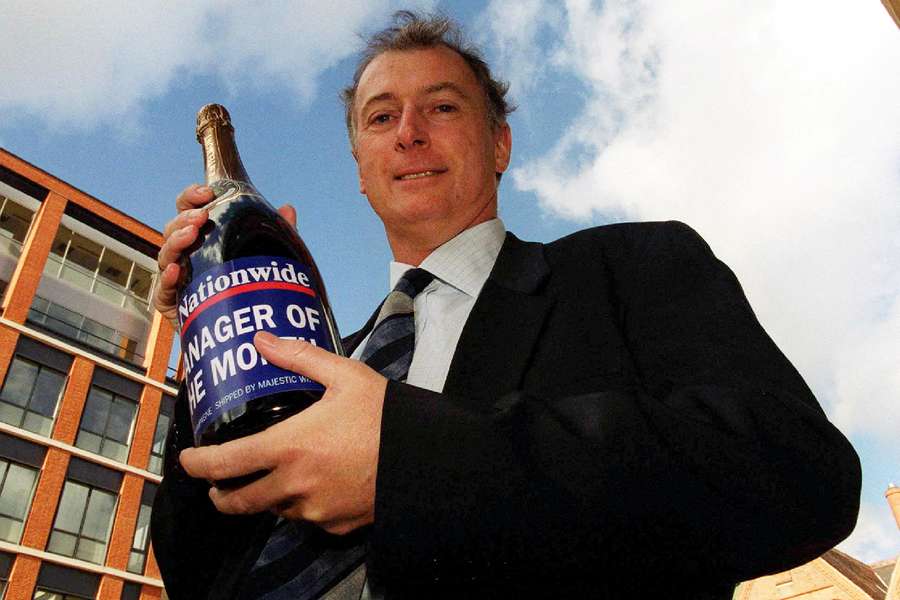Despite being a great player, Trevor Francis never quite achieved greatness

Francis, who died of a heart attack at 69 on Monday, made his Football League debut at 16, scored a European Cup final-winning goal and collected 52 England caps in a 23-year playing career as a hugely exciting, talented and brave forward.
But, other than his first couple of highly successful seasons with Brian Clough's Nottingham Forest, Francis always seemed to be almost tantalising in the wrong place at the wrong time both for club and country.
It would be unfair to say the record transfer fee was an albatross around Francis's neck, as Clough is reputed to have suggested it might have been when claiming that Forest actually paid 999,000 pounds.
But the striker was never quite able to attain the superstar status that seemed his destiny when he blasted onto the scene as a brilliant teenager in the famous blue and white Birmingham City "penguin" kit.
To today’s generation used to players earning a million pounds a month and being sold for 100 times that amount, it is impossible to appreciate the impact of the deal that took Francis to Forest in 1979 for almost double the previous record.
"I never realised at the time the significance of it. I smashed, literally smashed, the transfer record. It was just a magical figure – a million pounds," he told the Guardian on the 40th anniversary of the transfer in 2019.
MERCURIAL SKILLS
By the time of his move Francis had already been toiling at St Andrew's for almost a decade, his mercurial skills somewhat blunted by the club's perennial battles to climb into the old First Division and then fight to stay there.
Francis, frustrated at the prospect of many more years without remotely challenging for trophies, had requested a move six times before finally getting his wish in February 1979.
Three months later came the pinnacle of his career as he scored the only goal in the European Cup final as Forest beat Malmo in Munich, stretching to reach a deep cross and expertly steering his header high into the net.
The following season he scored in the quarter-final and semis but missed the final with an Achilles injury as Forest retained the trophy.
Francis was upset that Clough, via his secretary, told the striker he did not want him, and his crutches, around the team for the final and told him not to attend, a decision that soured their relationship.
The goals also dried up and he moved again in 1981 to Manchester City and then a series of clubs in England, Scotland and Italy before ending his career at Sheffield Wednesday.
ENGLAND CAREER
Francis's England career was another story of frustration. He played 52 times for his country from 1977 to 1986, scoring only 12 goals and struggling to retain a regular slot in his preferred central attacking position.
The Achilles injury ruled him out of the 1980 European Championship but he was at his best in the 1982 World Cup, scoring in group wins over Czechoslovakia and Kuwait before England went out after the second group stage following 0-0 draws against Spain and West Germany.
Four years later he made his final international appearance but was left out of the squad for the World Cup in Mexico.
Francis's managerial career was in some ways similar to his playing days - an initial burst of success that suggested greatness followed by a succession of frustrations.
In his first year as player-manager at Sheffield Wednesday he led them to a remarkable third-place finish in their first season back in old First Division. It was the club's highest finish since 1961 and they have never been remotely as close since.
Wednesday also reached the finals of the League and FA Cup in 1983, losing both to Arsenal.
Francis had further managerial spells at his old club Birmingham and Crystal Palace, who sacked him in 2003 after which he became a popular TV pundit.
